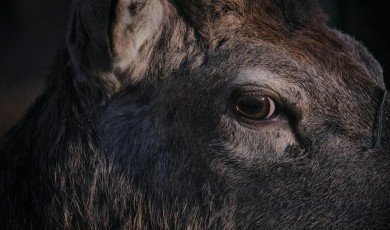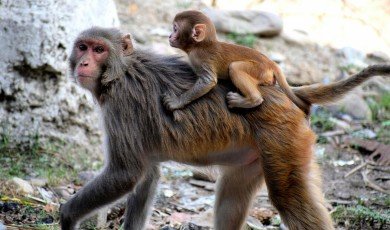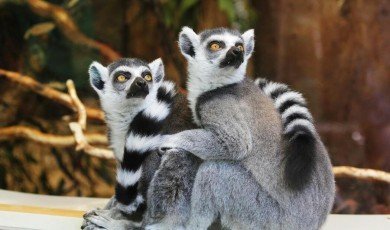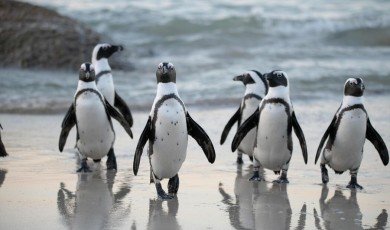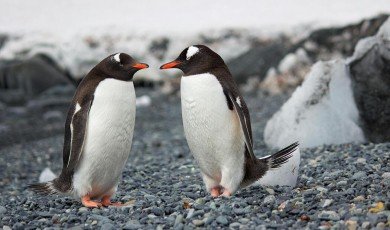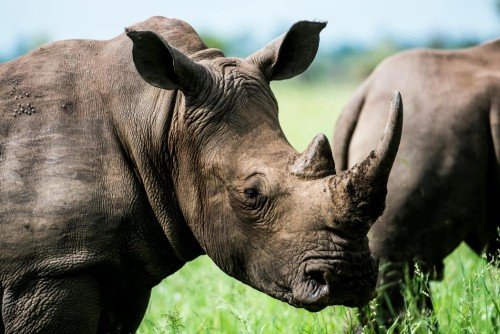
Modern animal protection is a dynamic field that blends scientific innovation, robust policy frameworks, and strategic advocacy to improve the lives of animals across the globe. From leveraging cutting-edge technology to shaping legislation, the movement has evolved into a sophisticated effort that addresses both immediate welfare needs and long-term systemic change. This article explores how animal protection operates today, drawing on insights from science and policy, and highlights the role of SEO services in amplifying these efforts.
The Role of Science in Animal Protection
Science plays a pivotal role in modern animal protection, providing evidence to guide interventions and refute outdated practices. Advances in veterinary science have improved our understanding of animal behavior and welfare needs. For instance, studies on stress responses in farm animals have led to better housing standards, such as enriched environments for pigs that allow natural behaviors like rooting. Research from institutions like the University of Bristol’s Animal Welfare and Behaviour group has shown that animals thrive when their physical and psychological needs are met, influencing policies worldwide.
Technology is a game-changer in this space. Drones and satellite imagery are used to monitor illegal activities like poaching in remote areas, with groups like the World Wildlife Fund (WWF) reporting a 25% reduction in poaching incidents in certain African reserves due to real-time surveillance. Artificial intelligence (AI) analyzes vast datasets to predict trends, such as illegal wildlife trafficking routes. These tools require visibility to attract funding and support, and SEO services help organizations optimize their online content, ensuring that scientific findings and success stories reach a global audience.
Alternative protein technologies, such as plant-based and lab-grown meat, are reducing reliance on traditional animal agriculture. Companies like Impossible Foods use scientific research to create sustainable products that mimic meat’s taste and texture, addressing both ethical and environmental concerns. By optimizing websites and campaigns with SEO services, these companies can reach eco-conscious consumers, driving market growth, evidenced by a 15% increase in U.S. plant-based food sales in 2024, according to the Plant Based Foods Association.
Policy Frameworks: From Local to Global
Policy is the backbone of animal protection, translating scientific insights into enforceable standards. National laws, like the U.S. Animal Welfare Act and the UK’s Animal Welfare Act 2006, set minimum standards for animal care in industries ranging from farming to research. The European Union’s ban on battery cages for hens, fully implemented by 2012, is a landmark example, improving conditions for millions of animals. These policies often result from advocacy by groups like the Humane Society International, which combine scientific evidence with public pressure.
Global coordination is critical, as animal welfare issues cross borders. The World Organisation for Animal Health (OIE) sets international standards, such as guidelines for humane slaughter, adopted by over 180 countries. However, enforcement varies, with developing nations often lacking resources. Partnerships between governments, NGOs, and private sectors bridge this gap. For instance, the OIE collaborates with local organizations to train farmers in humane practices, using online platforms optimized by SEO services to share multilingual resources and reach diverse audiences.
Challenges remain, including resistance from industries that prioritize profit over welfare. The meat and dairy sectors, for example, argue that stricter regulations increase costs. Yet, consumer demand for ethical products is rising—68% of U.S. consumers prefer brands with strong welfare standards, per a 2024 Nielsen survey. Policies incentivizing sustainable practices, like subsidies for cage-free systems, are gaining traction as a result.
Advocacy and Public Engagement
Advocacy bridges science and policy, turning data into action. Organizations like PETA and Mercy For Animals use investigative journalism, backed by scientific evidence, to expose abuses in factory farms and circuses. Their campaigns, often shared on platforms like X, drive public support for policy changes. For example, viral exposés of cosmetic testing on animals led to China relaxing its mandatory testing laws in 2021.
Public engagement is amplified through digital strategies. SEO services ensure that advocacy websites rank high on search engines, making it easier for people to find petitions, donate, or learn about issues like fur farming bans. A well-optimized campaign can increase website traffic by up to 50%, according to digital marketing studies, translating into more signatures for petitions or funds for sanctuaries.
Education is another key component. Programs targeting schools and communities teach the science of animal sentience, fostering empathy. In the U.S., initiatives like the ASPCA’s humane education programs reach thousands of students annually, shaping future advocates. Digital outreach, enhanced by SEO services, ensures these resources are accessible globally, with optimized content driving engagement across search platforms.
Challenges in Modern Animal Protection
Despite progress, animal protection faces significant hurdles. Cultural differences complicate global standards, what’s considered cruel in one region may be a tradition in another. For example, bullfighting remains legal in parts of Spain, despite opposition. Science-based advocacy, grounded in data about animal suffering, is critical to shifting these norms.
Economic barriers also persist. Industries argue that welfare reforms, like larger enclosures, raise production costs. However, studies show that ethical practices can boost long-term profitability by attracting conscious consumers. Enforcement is another issue, underfunded regulatory bodies struggle to monitor compliance, relying on NGOs to fill gaps. Data from the Humane Society indicates that only 10% of reported animal welfare violations in the U.S. lead to prosecutions due to resource constraints.
Misinformation, spread through unregulated platforms, can undermine advocacy. Anti-welfare campaigns by industries often use misleading claims, like “humane meat” labels that lack verification. Countering this requires clear, science-backed communication, amplified through optimized digital channels.
The Future of Animal Protection
The future of animal protection lies in integrating science, policy, and advocacy more effectively. Emerging technologies, like blockchain for supply chain transparency, will ensure ethical sourcing. For instance, tracking systems could verify cage-free egg claims, building consumer trust. AI-driven predictive models will enhance conservation efforts, identifying at-risk species before populations collapse.
Policy will evolve to reflect scientific advances. The growing acceptance of animal sentience, recognized in EU law since 1997, will drive stricter regulations. Advocacy groups are pushing for global bans on practices like cosmetic testing, with 44 countries already compliant. Digital campaigns, optimized by SEO services, will play a larger role in mobilizing support, ensuring that calls to action reach millions.
Education will remain a cornerstone. Engaging younger generations through platforms like X and school programs will cultivate lifelong advocates. The rise of Gen Z activism, with 40% of animal rights protesters under 25 per recent surveys, signals a promising shift.
Conclusion
Modern animal protection is a multifaceted effort, driven by scientific insights, robust policies, and strategic advocacy. From AI monitoring wildlife to policies banning inhumane practices, the movement is making strides. SEO services amplify these efforts, ensuring that campaigns, research, and resources reach a global audience. While challenges like cultural resistance and economic pressures persist, the integration of science, policy, and public engagement offers a clear path forward. By supporting these efforts, we can create a world where animals are treated with the respect they deserve.


